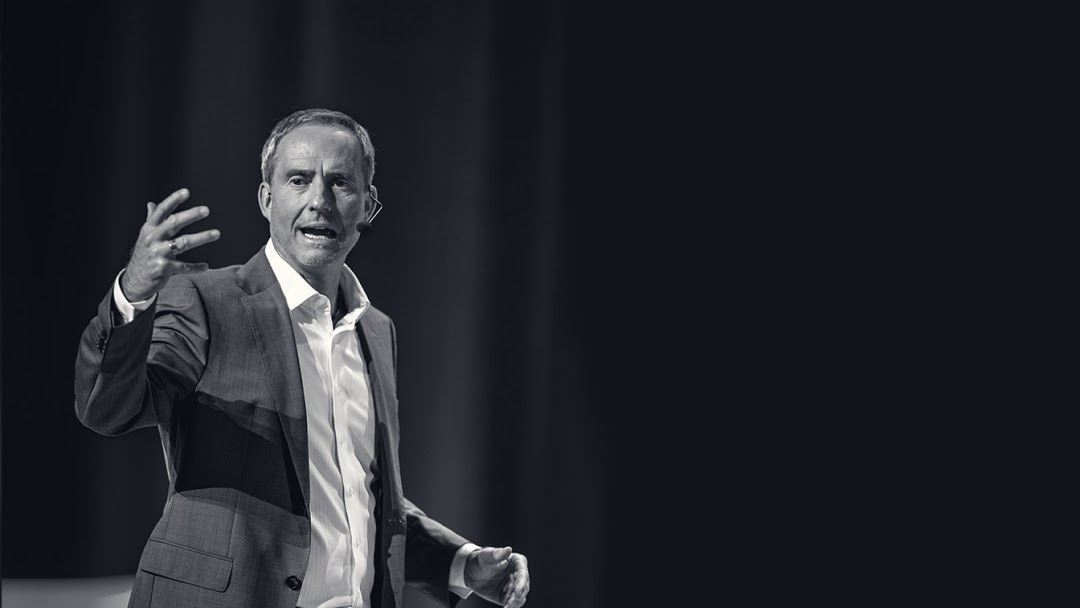Life
Schäfer grew up in Cologne and, according to his own account, enjoyed a religious upbringing. At the age of 16 he attended high school in California and began studying law on his return to Germany. After he was in debt at the age of 26, with the help of his first coach he managed to achieve financial independence within a few years and he was able to live on the income of his money at around 30 years of age. [5] [6] [7]
Schäfer has written several bestsellers that have been translated into other languages, e.g. B. in English, Korean and Russian. [8] [9] In the book Generation Golf , his book The Path to Financial Freedom from 1998 is characterized as the “ultimate bestseller of our generation”. [6] The FAZ attributes a pioneering role to the author and the book. [10]
The book The Laws of Winners from 2003 was last in bestseller lists in 2018 [11] [12] and was discussed again – under the aspect of this long period of time. [13] [14] [15]
In the book Rente oder Wohlstand from 2016 as well as in other formats such as the TV show Maischberger , he addresses old-age provision and wealth accumulation. [16] [17]
Schäfer works primarily as a coach, trainer and speaker. [9] [18]
He is married and has three children. [3]
Contents
According to Bodo Schäfer’s books, everyone is responsible for the degree of happiness and prosperity in their lives. This personal responsibility begins with the way you think about yourself and the world. In his books, Schäfer wants to convey the way that many successful people think. He refers to a tradition of authors such as Seneca , Dale Carnegie , Anthony Robbins , Robert T. Kiyosaki or Deepak Chopra . In order to be able to think about things differently, one has to change one’s beliefs. Here Bodo Schäfer relies on neurolinguistic programming .
In his content, Schäfer describes tips such as carrying a 500 euro note with you in order to change your own beliefs, or keeping a success diary in order to focus the selective perception more on success. [19]
For dealing with money with the aim of becoming financially independent, Schäfer recommends: 1) Think rich 2) Save with fun 3) Plan 4) Invest 5) Earn more 6) Enjoy. For people who want financial success particularly quickly, he also recommends: 1) Positioning 2) Save 50% 3) A coach. [7]
According to Schäfer, money should not be seen as the most important thing, but money should be taken to be so important that it becomes a supportive force in life. [7]
In his books, Schäfer emphasizes the importance of donating and using one’s wealth for the needy. [6]
Work as a coach, speaker and entrepreneur
Schäfer began writing books and giving lecture series in Germany in the mid-1990s. In the middle of 2002 Bodo Schäfer ended his work as a speaker on the subject of financial freedom in Germany and expanded this activity to Eastern Europe, where he gave lectures in Moscow and Riga.
According to the ARD magazine Plusminus, he worked as an insurance agent for Hamburg Mannheimer-Versicherung from 1989 to December 1992 . [20] He then founded the Shepherd Financial Coaching GmbH , under the company name later FCM Finance Coaching GmbH [21] existed until February 2000th [22] In mid-2000, the next founding was fin.wis.media GmbH , operating under AHEAD Products GmbH since April 2001 , with Schäfer as sole managing director. [23]
The company AHEAD Seminare & Coaching GmbH , which was also founded by Schäfer in 2000, was dissolved in 2007, and the liquidator distributed the remaining assets among the shareholders. [24] In 2006 the Finanzvertrieb Reintgen & Schäfer invest GmbH was founded (together with Bernd Reintgen) . [25] In 2014 the business operations of this company were transferred to Bodo Schäfer Akademie GmbH .
Foundation
In 2000 Schäfer founded the non-profit foundation “Children – Our Future” based in Bergisch Gladbach. The board members are Badma Baasansuren and Bodo Schäfer. The foundation was recognized on May 10, 2000 by the Ministry of the Interior in North Rhine-Westphalia. [26]
The aim of the foundation is to promote the education and upbringing of children and young people, especially orphans. The children and young people affected receive mentors who support them and work with them to develop goals and perspectives. In addition, the foundation finances the construction of schools and training centers in Africa together with the aid organization Deutsche Welthungerhilfe



